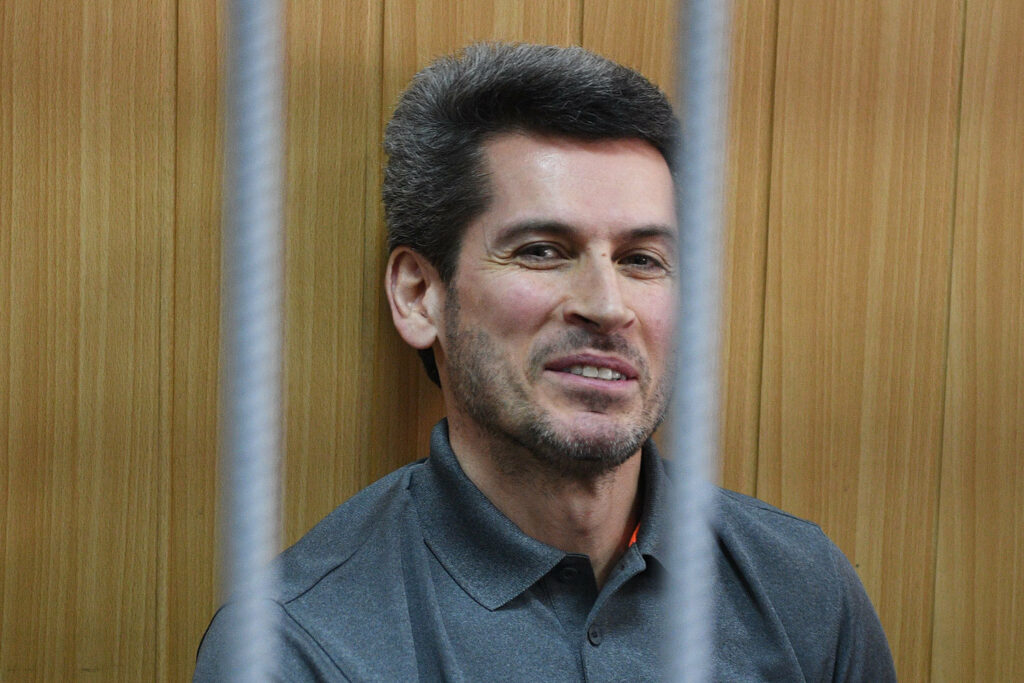
Background: Mr Magomedov and Port Petrovsk (a BVI company he owns) brought proceedings in England against Transneft for conspiracy to remove his interest in PJSC Novorossiysk Commercial Sea Port. Applying Article 248 of the Russian Arbitration Procedural Code, the Moscow court granted Transneft an anti-suit injunction against these proceedings on the basis that US and UK sanctions on Transneft had the effect of limiting its access to justice in an English court. Mr Magomedov sought the continuation of an anti-anti-suit injunction against the Moscow court judgment.
Judgment: The High Court judgment holds:
- Article 248 of the Russian Arbitration Procedural Code was introduced to address the problem of Russian parties not having access to justice because of the impact of sanctions.
- Although Transneft is not subject to a UK asset freeze, US and EU sanctions mean that there is a real risk that Transneft may not be able to pay its English lawyers (Transneft’s original legal team were not paid, and their current team has not been paid for 4 months). And, because the payment issue does not arise because of UK sanctions, it cannot be solved by granting a UK licence.
- Bright J granted the continuation of the anti-anti-suit injunction until the English court decides whether England is the natural forum and has jurisdiction to decide the underlying dispute and held that the risk of having to pay $7.5 million as a penalty for non-compliance with the Moscow ASI was disproportionate.
